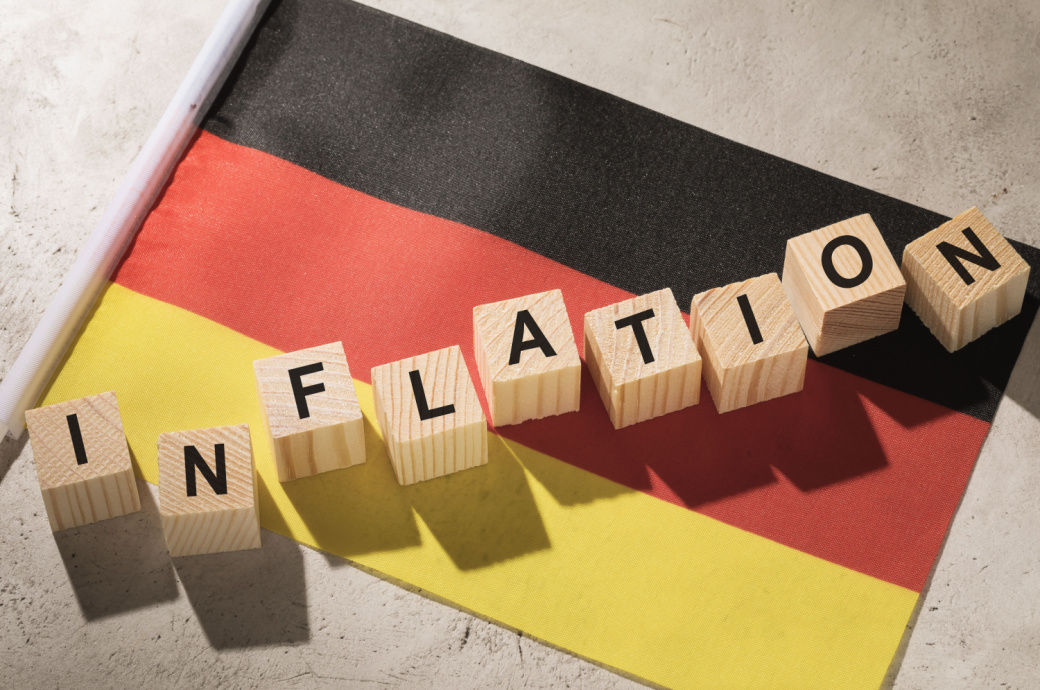
Ifo Institute for Economic Research is a Munich-based think tank.
Price-adjusted gross domestic product (GDP) in the country will stagnate at roughly the same level this year (minus 0.1 per cent) and increase by 1.7 per cent next year.
At an average of 6.2 per cent, the inflation rate this year will be only slightly lower than a year earlier. The rate is not expected to fall to 2.2 per cent until next year, the think tank said in a release.
The German economy has been contracting since the end of last year, after recovering quite strongly until late summer.
While the supply shocks that noticeably restricted production capacities as a result of the coronavirus and energy crises are gradually losing significance, demand for goods and services has been increasingly weakening since the fall.
While the subdued performance of the global economy is dampening German exports, high inflation rates are depressing consumer spending and construction activity through declining purchasing power and significantly increased financing cost, the institute said.
Inflation has become increasingly broad-based over the course of the past year and has remained at historic highs for several months.
While the direct contribution of energy prices has been gradually weakening since the fall, inflation in all other goods and services has increased steadily, reaching 7.6 per cent in February.
In addition to higher production costs passed on by companies to consumers, a noticeable widening of profit margins in some, particularly consumer-related, areas of the economy also contributed to this.
The peak of the inflation wave has probably been reached by now. In particular, energy prices are not expected to provide any further impetus over the coming months.
According to the ifo business survey, manufacturers are consequently planning noticeably fewer price increases in the coming months, so the rise in producer prices is likely to slow further.
However, a noticeable decline in consumer price increases will be some time coming, as municipal energy suppliers will pass on the lower procurement costs to their customers only after a delay.
This means that for private households, energy prices will not fall below their prior-year level until the end of this year at the earliest, the institute noted.
The same applies to businesses in consumer-related areas of the economy, which also purchase most of their energy from municipal suppliers. Price pressure from labour costs will increase, as noticeable rises in collectively agreed wages are expected in the course of this year.
Overall, therefore, the core inflation rate in particular is likely to decline only slowly over the further course of the year and, at an annual average of 6.3 per cent in 2023, may even be significantly higher than in the previous year (4.9 per cent), it said.
In the further course of the year, the economy will recover in almost all industries, it added.
ALCHEMPro News Desk (DS)
Receive daily prices and market insights straight to your inbox. Subscribe to AlchemPro Weekly!